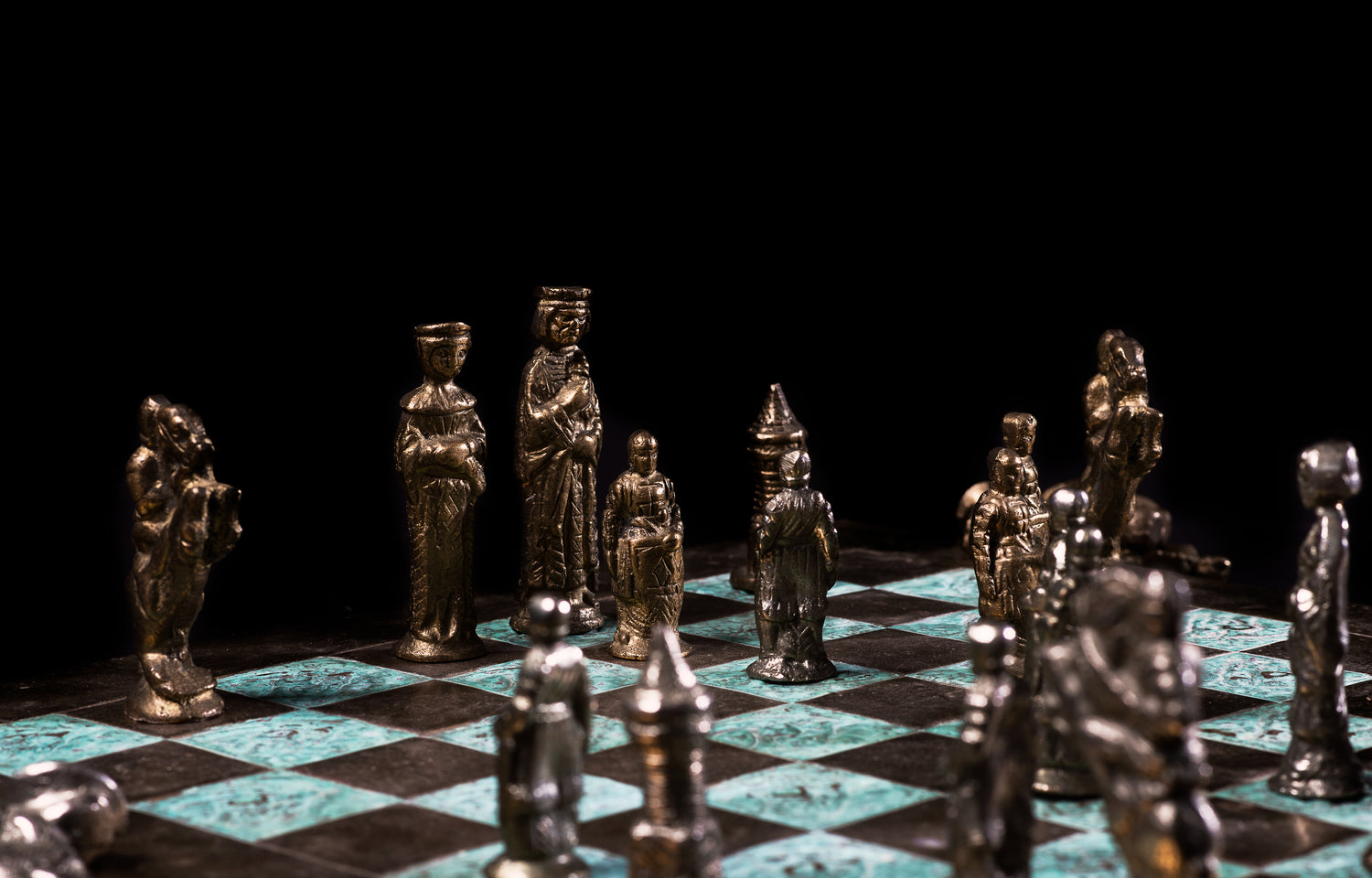Beyond the Physical Board: Exploring the Multifaceted World of Chess
Chess, often perceived as a game confined to a checkered board and intricately carved pieces, extends far beyond its physical components. It's a realm of strategic depth, intellectual challenge, and historical significance, with countless benefits for players of all ages and skill levels. This article delves into the multifaceted world of chess, exploring its strategic elements, historical context, and the cognitive advantages it offers.
A Strategic Battlefield: More Than Just Moving Pieces
At its core, chess is a strategic battle. Each piece possesses unique capabilities, and mastering the game involves understanding these individual strengths and weaknesses. Pawns, seemingly insignificant, form the backbone of your defense and offense. Knights are agile and unpredictable, capable of leaping over other pieces. Bishops control diagonals, rooks command ranks and files, and the queen combines the power of both. The king, though limited in movement, is the ultimate target, and protecting him is paramount.
Developing a strategic mindset in chess means thinking several steps ahead. You must anticipate your opponent's moves, plan your own attacks and defenses, and adapt to changing board conditions. It's a constant exercise in problem-solving and critical thinking, skills that translate effectively to other areas of life.
A Historical Tapestry: From Ancient Origins to Modern Masters
The history of chess spans centuries and continents. Its origins can be traced back to the ancient Indian game of Chaturanga, which gradually evolved as it spread through Persia, the Arab world, and eventually Europe. Each culture left its mark on the game, shaping its rules, pieces, and strategic principles.
From the romantic era of flamboyant attacks to the hypermodern approach of positional control, chess strategy has undergone constant evolution. Studying the games of historical masters like Bobby Fischer, Garry Kasparov, and Magnus Carlsen provides valuable insights into the strategic depth and creative possibilities of the game. Their games serve as enduring lessons in tactics, strategy, and psychological warfare.
Cognitive Calisthenics: Sharpening the Mind with Chess
Beyond its strategic and historical aspects, chess offers significant cognitive benefits. Studies have shown that playing chess can improve memory, enhance concentration, and boost problem-solving skills. It requires players to visualize complex scenarios, analyze multiple options, and make calculated decisions under pressure.
Chess is particularly beneficial for children, as it can foster critical thinking, logical reasoning, and spatial awareness. It teaches them the importance of planning, foresight, and consequence, skills that are essential for academic success and beyond. For adults, chess provides a stimulating mental workout, helping to maintain cognitive function and prevent age-related decline.
Beyond the 64 Squares: Chess Variations and the Online Realm
While traditional chess remains the most popular form of the game, numerous variations exist, each offering unique challenges and strategic nuances. Chess960 (Fischer Random Chess) randomizes the starting positions of the pieces, forcing players to rely on their strategic understanding rather than rote memorization of opening lines. Bughouse chess involves two teams of two players, with captured pieces being passed to teammates for re-deployment. These variations add new dimensions to the game and cater to different playing styles.
The rise of online chess platforms has made the game more accessible than ever before. Players of all skill levels can compete against opponents from around the world, access a wealth of learning resources, and participate in tournaments and leagues. Online chess offers a convenient and engaging way to sharpen your skills, connect with fellow enthusiasts, and experience the thrill of competition.
Conclusion: A Timeless Game for a Modern World
Chess is more than just a game; it's a world of strategic depth, historical richness, and cognitive benefits. Whether you're a seasoned grandmaster or a casual player, chess offers endless opportunities for learning, growth, and enjoyment. So, step beyond the physical board and explore the multifaceted world of chess – you might just discover a new passion.

